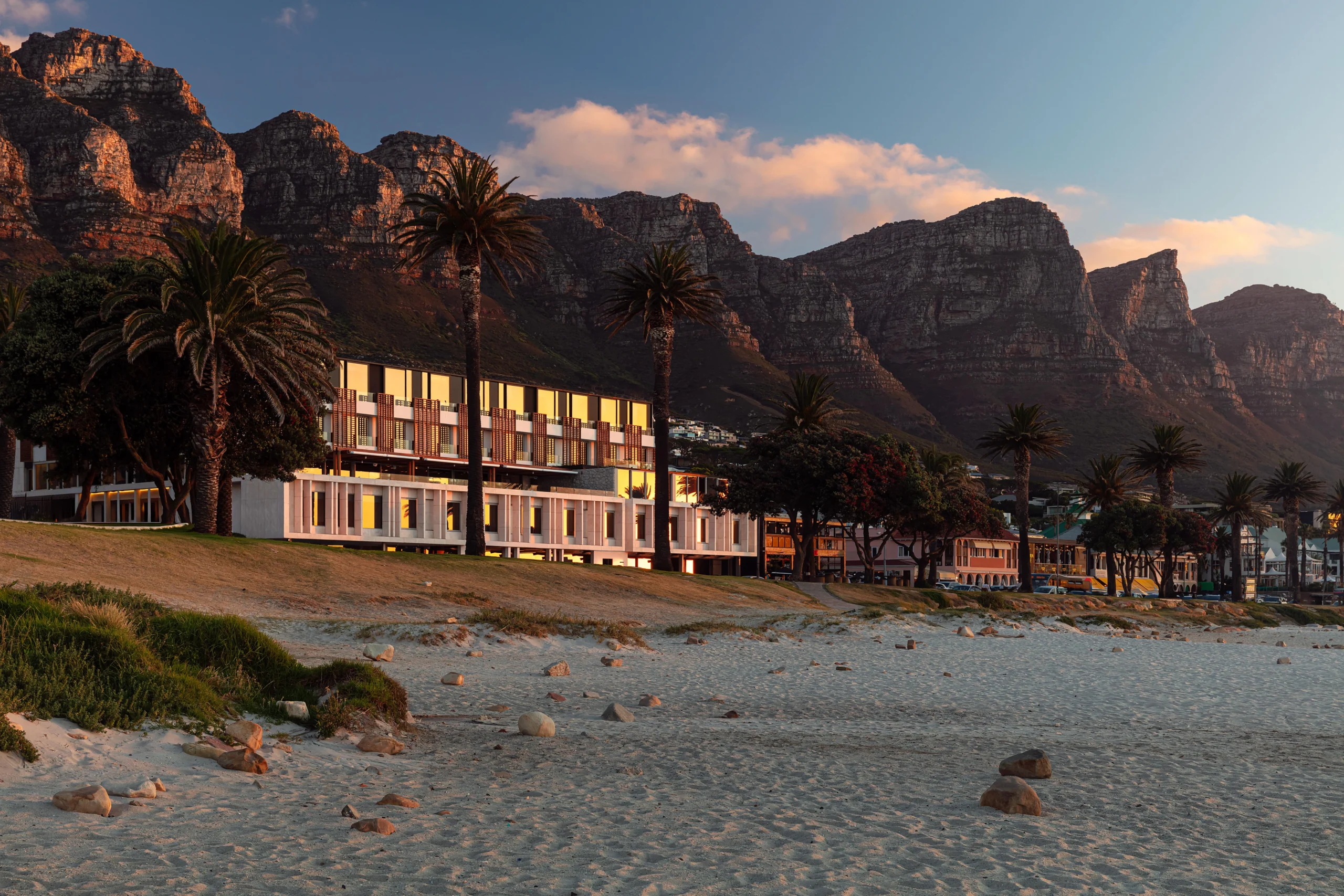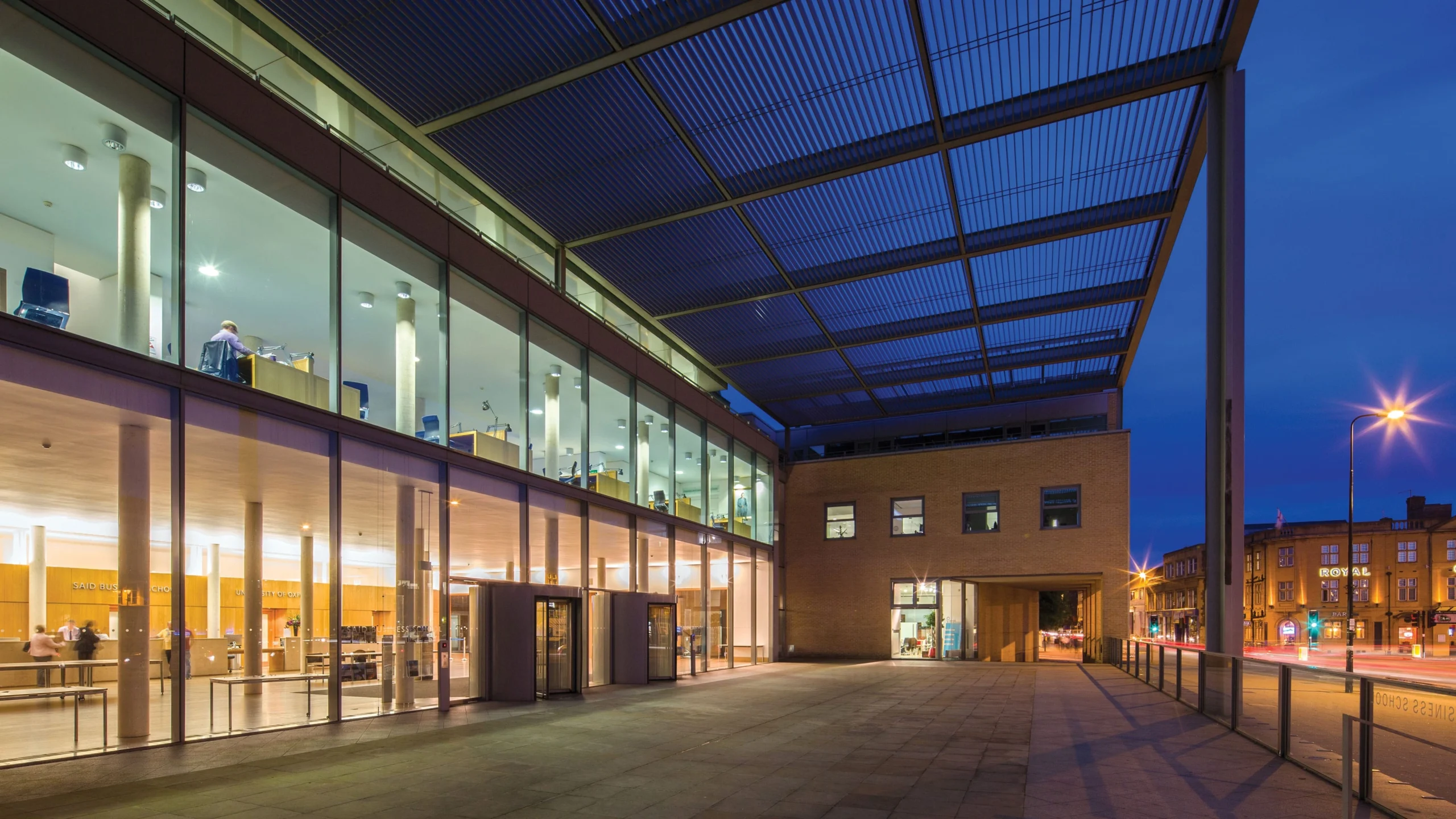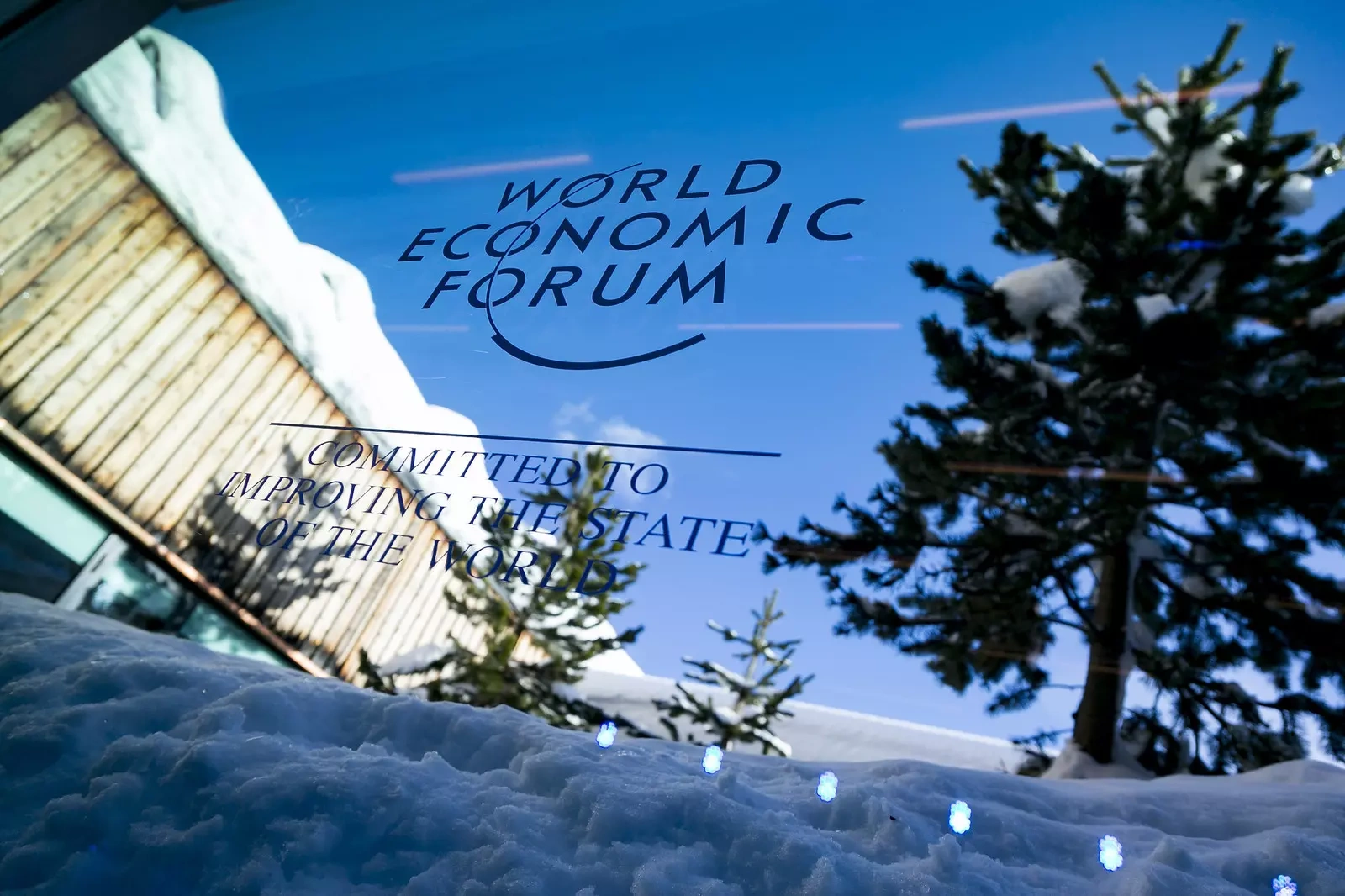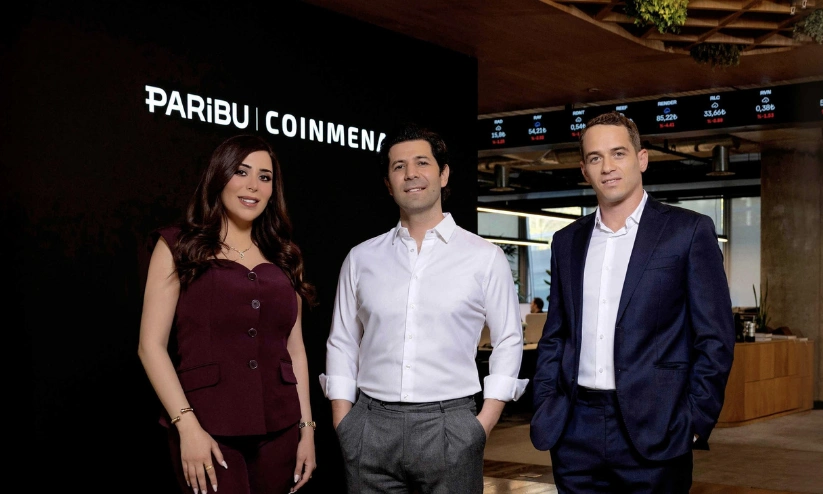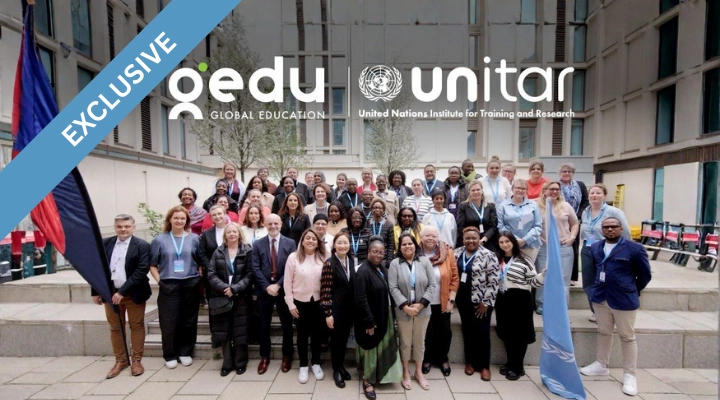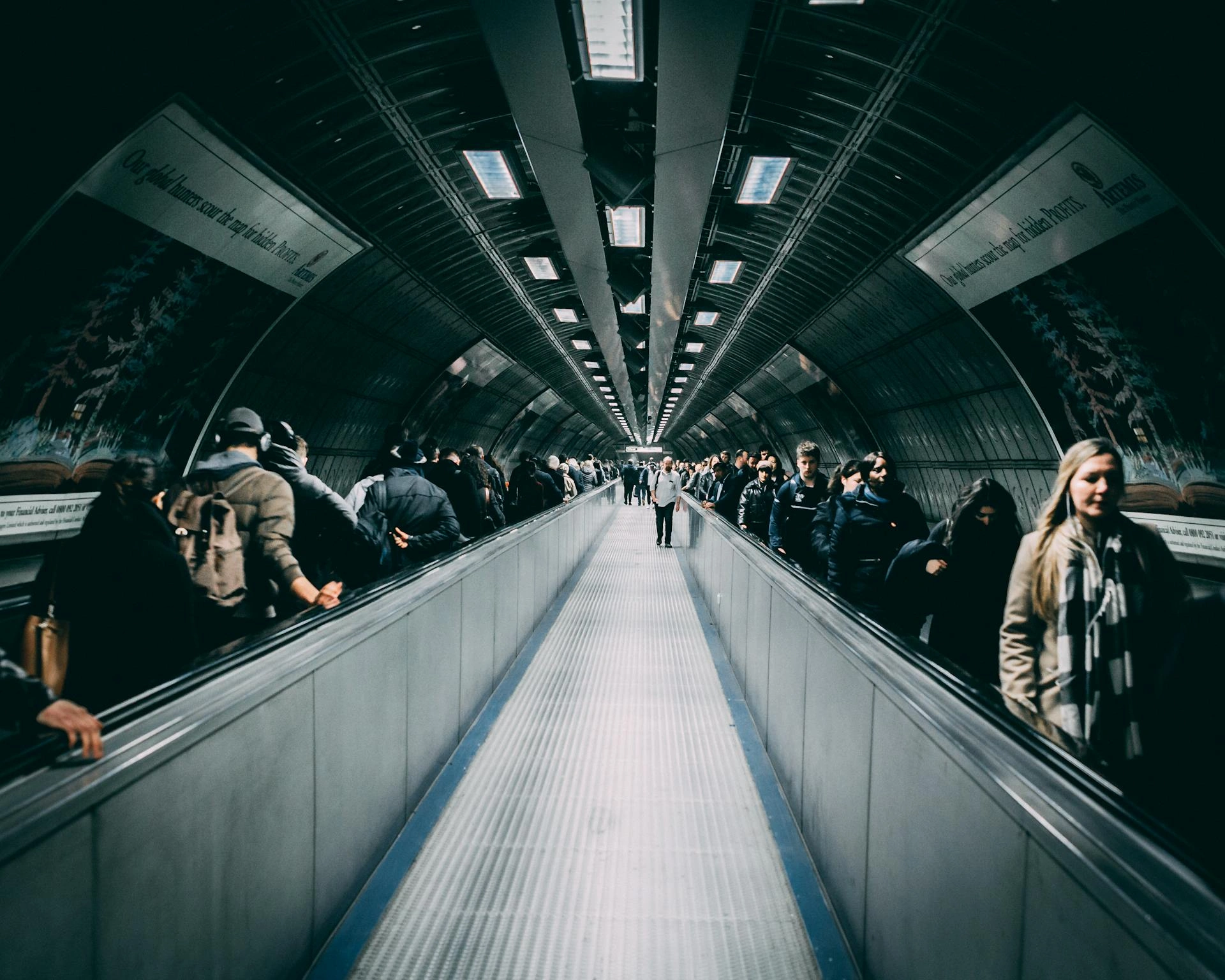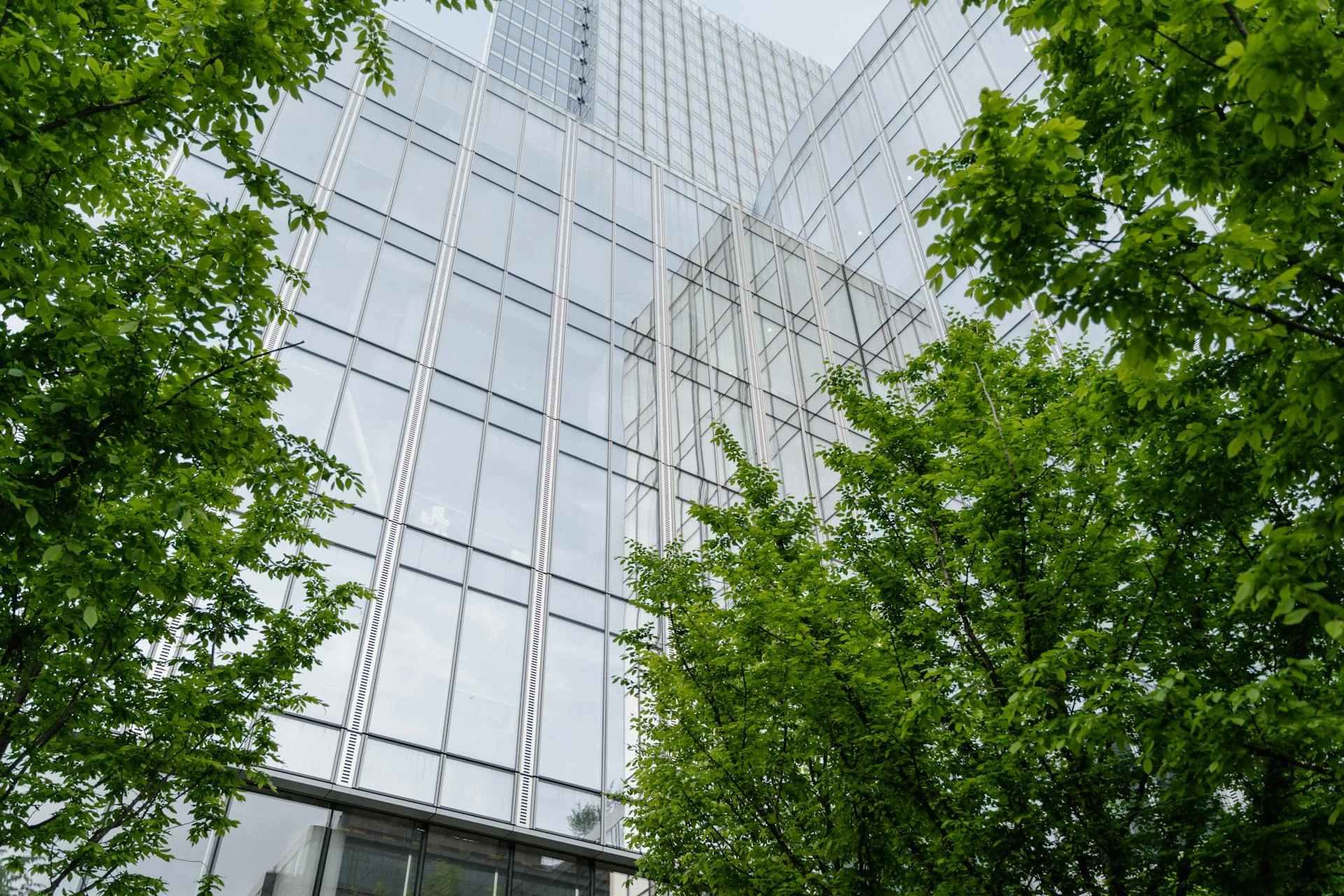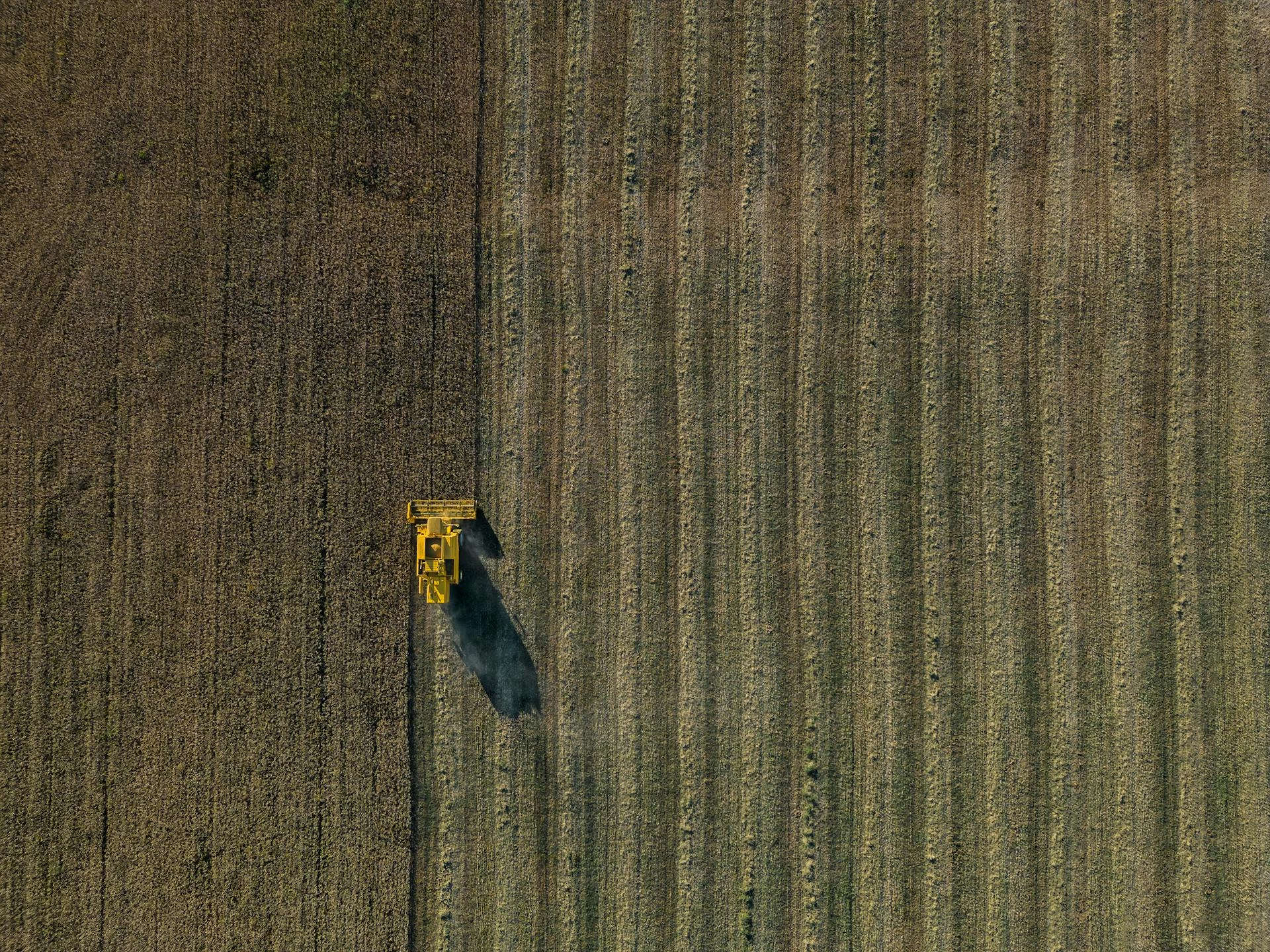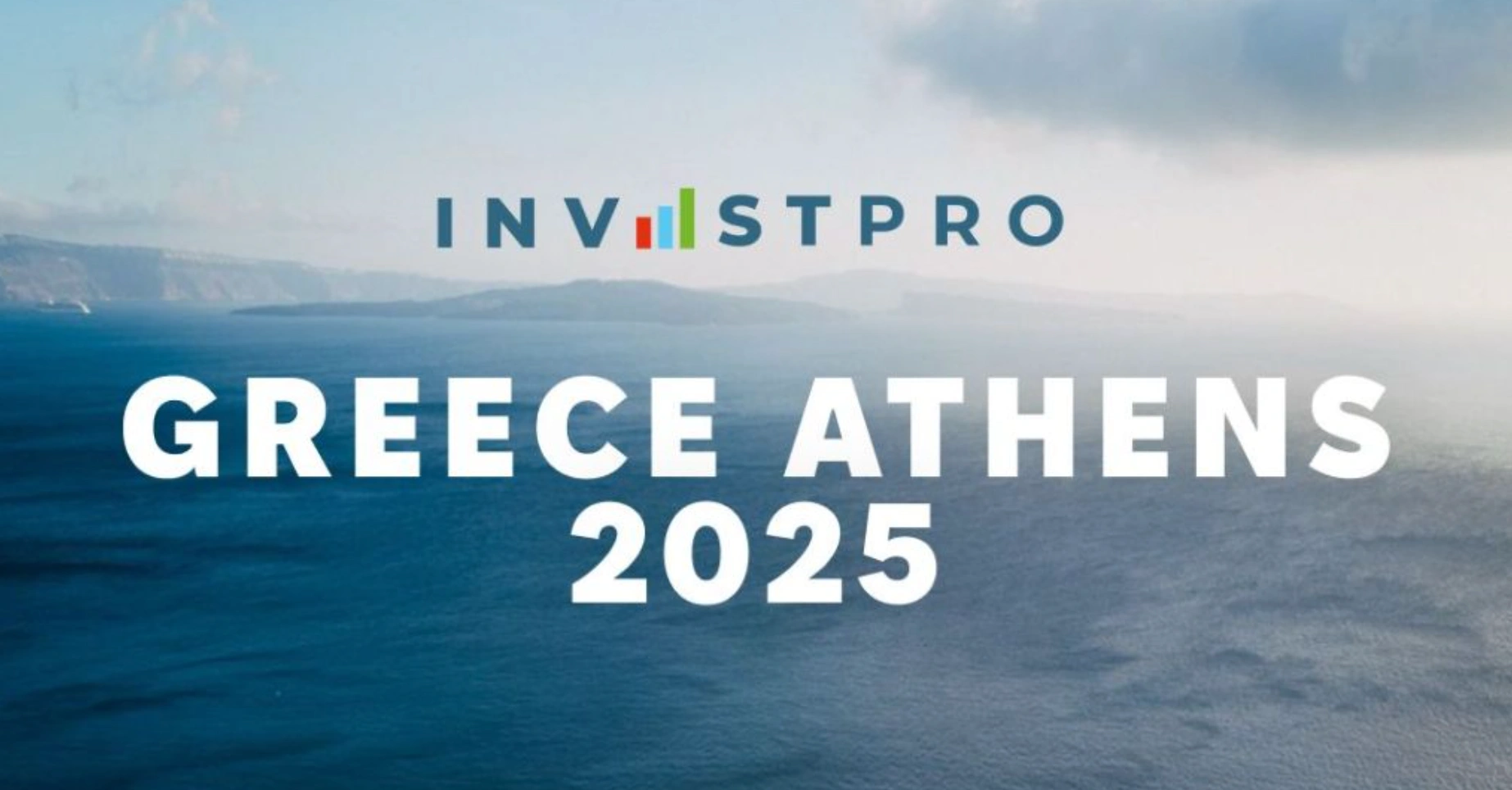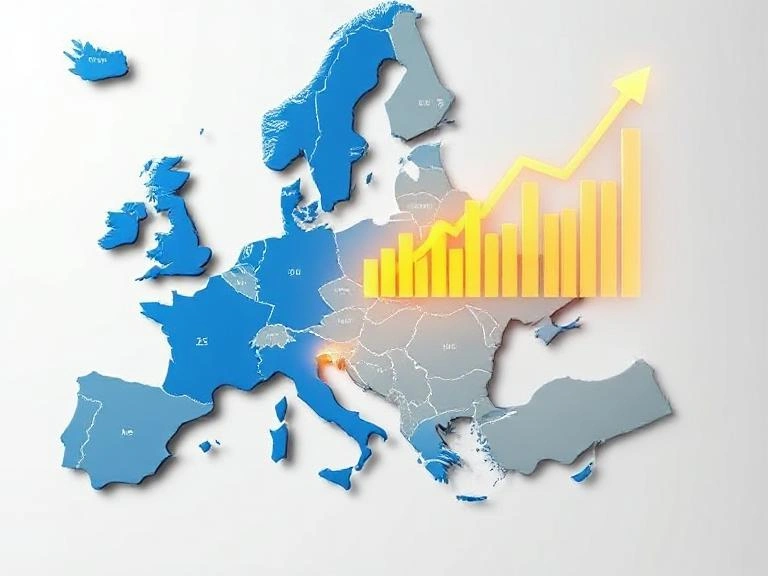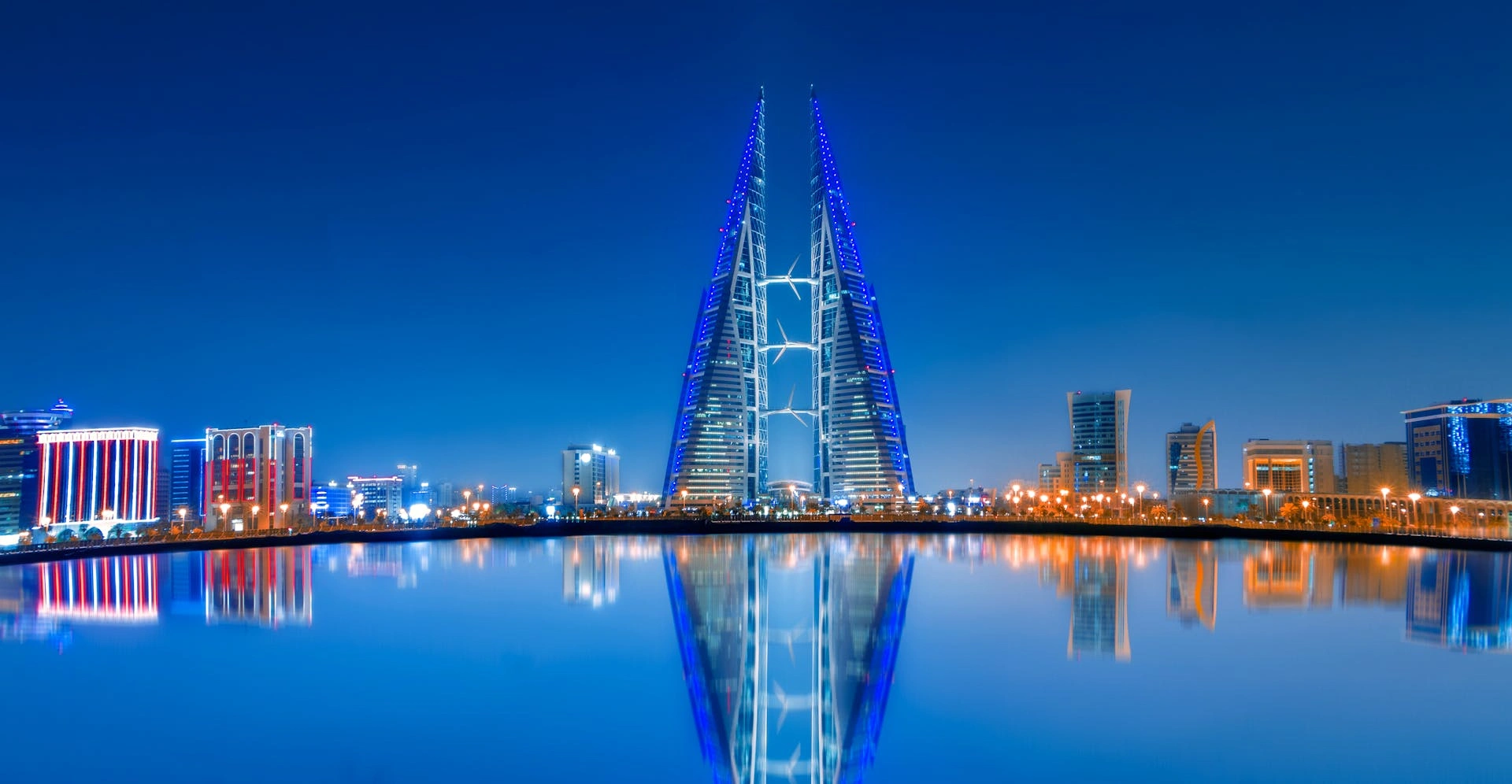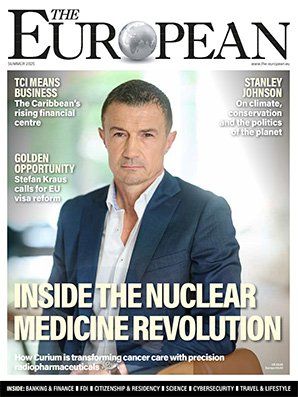Ending Climate Change Requires End of Capitalism

John E. Kaye
- Published
- Home, News, Sustainability

In 2016, businessman-turned-charity founder Ali Horriyat ‘saved his soul’ by giving away his entire personal fortune of almost $100million. Five years on and Ali’s ambitions have grown, with the launch of the HHH Trust—an organisation that promises to change the face of the planet for good.
Unless the prevalent capitalist system is tackled and reformed on a global scale, he argues, the world’s environmental problems – climate change, pollution and food security among them – will lead to a mass extinction event.
By Ali Horriyat
Simply explained, the underlying objective of capitalism—in socioeconomic terms—is to maximise individual profit.
There are three main interconnected elements which, when perfectly manipulated, function to ensure this end: labour, production, and resource.
In the capitalist system, to maximise profit we must manipulate all three elements to achieve an equilibrium by which supply is provided at the lowest cost relative to demand at market price. In order to achieve this minimal cost, labour is employed at the cheapest rate possible, natural resources are free gifts of the earth, and investments in technology are made insofar as reducing costs to a minimum.
When the aim is profit, maximisation of a system must be stretched to its upmost efficient capacity. In this model, the assumption holds that a continuous demand for paper will forever be satisfied with a never-ending free supply of trees to chop. Disregarding the wider social effects resulting from the financial slavery of labour for profit, which has single-handedly caused gross income inequality and massive wealth disparity, capitalism also ensures that those producing the labour do not keep much of the net earnings.
To continue profit growth, capitalism requires increased spending. To promote increased spending, heavily invested marketing strategies are devised to influence people to consume more, even if unnecessarily.
Wages are not increased equally to spending as that would merely maintain the profit ratio. Instead, the capitalist system relies on lending instruments to maintain profit growth. As labour reaches its maximum expenditure, banks encourage more spending by way of loans.
Borrowing, however, is a double-edged sword for labour. On the one hand, manipulative mechanisms influence excessive consumption. On the other hand, if excessive consumption does not reach critical economic growth targets, the economy shrinks. A shrinking economy is an economic—and often a social—death sentence to labour. Recessions bring financial instability which hit the labouring class hardest. In order to avoid potential death, figuratively speaking, the labour is advised to maintain economic growth at the cost of happiness. With technological breakthroughs, this cycle is further amplified as production can be ramped up, mandating increased consumption and resource depletion.
As capitalists struggle to maintain an archaic delusion, influencing the labouring class to sacrifice their lives to the ‘dragon’ in turn for protection, they fail to recognise that we may be slowly eliminating ourselves in the process. On reflection, it may have been wiser to face the dragon than eventually sacrificing the entire community.
For, unlike in mythology, this dragon is dangerously real. Leaving aside concerns for labour rights and the ethics of technological development, we are committing environmental destruction on an unprecedented scale. As we continue to treat nature as the never-ending abundance of supply, we undermine science for the sake of capitalist greed.
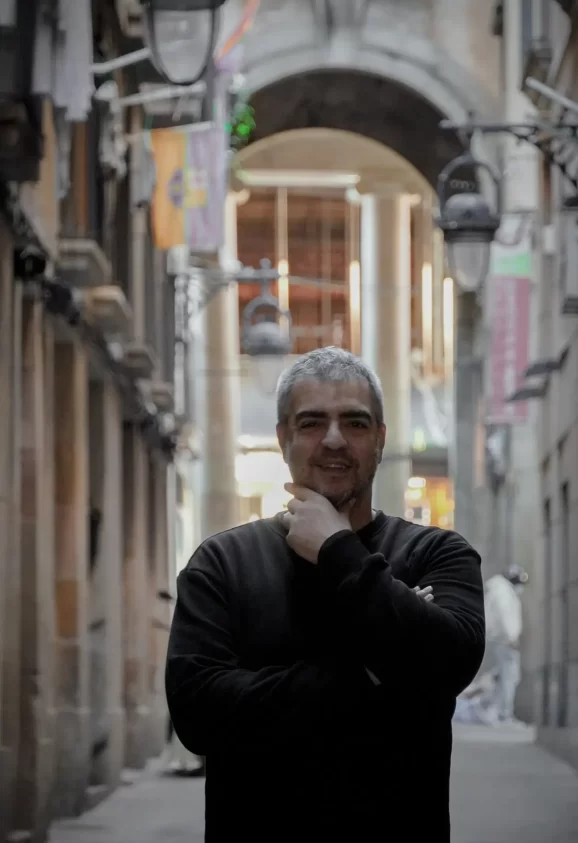
In no uncertain terms, it is impossible to sustainably interact with nature while adhering to a strict capitalist structure. Capitalism must maintain the maximal abuse of natural resources to increasingly produce in order to raise profit.
Almost half of the food produced globally is wasted. This is impossible to rationalize given that currently, aside from the recent pandemic, 20,000 people die of hunger daily.
However, from a capitalist economic outlook, this makes perfect sense because the goal is profit maximisation. The equilibrium for profit maximisation is such that production at this scale of wastage provides the highest net profit. Based on capitalism’s greedy increase in profit, all other assumptions must be made in line with, and only with, an outcome of profit maximisation.
We are witness to the global deterioration and irreversible destruction caused by capitalism. Global warming, pandemics, epidemics, habitat loss, pollution, disease, economic inequality, extremism, crime, deforestation, and social instability are just some of the global problems that are directly linked to capitalist greed.
We spend billions in healthcare to reverse damages such as obesity because corporations produce harmful food. They do not intend to poison us deliberately; but they do, in fact, because they choose to adhere to a capitalist system that commands profit maximisation at any cost.
There is no inherent social morality or ethics within capitalism other than enforceable legal parameters. Sustainable living within a strictly capitalist system is paradoxical. We have confirmed through decades that greed overcomes compassion and capitalism trumps harmony.
For the wealthiest few this is acceptable due to opportunities that extreme wealth affords. But today, the discussion is no longer one of classism but of survival.
When we eventually deplete all natural resources, as we are quickly doing, we all perish together. Whether we face storms or starve, in the long run there will remain nothing for even the wealthiest few.
It is possibly this indubitable reality will have the wealthiest investing in a grand relocation to Mars instead of rehabilitating Earth. The greed that fuels capitalism seems impossible to cool.
If the largest corporations and wealthiest individuals DID intend to slow down, global government intervention would not be necessary to address climate deterioration.
That, however, is not aligned to capitalist thinking and so the only way to salvage what little resources are left to restore the earth to a sustainable and healthy future is through extensive government reform. A collective global initiative must actively challenge global warming to reverse adverse effects caused by capitalism. Governments, though, are at the mercy of the wealthiest capitalists, making this desired outcome improbable.
One of the main objectives of the new charity I have just been instrumental in launching, the Hope and Harmony Humanitarian Trust (HHH Trust), is to provide realistic, functional ways to fight climate deterioration. There are many voices advocating for climate change. There has been enough awareness given to the issue. Government leaders are attempting to challenge this deterioration.
As history reveals, fundamental and progressive social change does not trickle down from the top of the wealth hierarchy. In light of this, the HHH Trust aims to launch educational programs to encourage people to change lifestyle habits. People must select more sustainable paths.
In addition to education regarding global warming and the adverse effects of capitalism and excessive spending, the HHH Trust will develop apps to guide people to sustainable choices, even rewarding them for reducing their carbon footprint.
We must collectively fight global warming. The good news is that we can overcome the obstacles caused by ruthless capitalism, but only if we act immediately and vigorously.
For more information about or to donate to the HHH Trust, visit www.hhhtrust.org
Q&A INTERVIEW WITH ALI HORRIYAT
We speak to HHH Trust founder Ali Horriyat about how he walked away from a lucrative career in financial trading to redefine his path in life. With the launch of his new charity, the HHH Trust, he aims to help others free themselves from the shackles of capitalism, and by so doing transform the world.
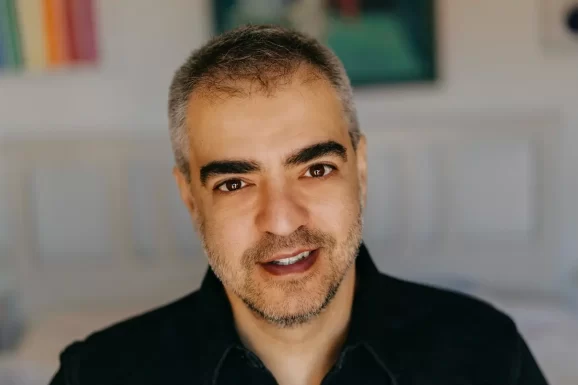
Q. You were formerly a wealthy financial trader earning $1million per month but walked away from this lifestyle in 2016. What prompted this?
A. It was not one specific event but I could sum it all up with the law of diminishing marginal returns. I reached a financial capacity after which the possibility of maintaining a desired level of happiness was no longer attainable for me through increased financial accumulation. This disruption, coupled with the fact that I had already exhausted all other outlets, led to a continuous and gradual decrease in happiness.
I did not have any other means at my disposal at the time other than to quit the lifestyle completely. At the end of it all, my decision was based on the ideal that if I can reconfigure my life to regain all the time and composure lost to maintaining a high level of economic productivity, I may be able to dedicate what is left of my life to ameliorating conditions to find true happiness and possibly in turn to affect people by sharing this formula (if I find happiness).
Q. How has your perspective of capitalism changed?
A. Just as many young adults and children, my perspective of capitalism and wealth was polluted with misinformation. I was taught that capitalism is the ‘good’ social and economic system. I was taught, to want wealth. It was only when I realized first-hand the effects of cutthroat capitalist motives that I began questioning my own actions and behaviour.
On the one hand my social obligations and upbringing taught me to share wealth, care for others, and protect moral values. On the other hand, the capitalist ideal was to prioritize my bank account’s exponential growth. The two, I noticed, were in conflict. If you have a conscience you cannot proceed with opportunistic behaviour. If you have no conscience you cannot proceed with moral behaviour. When I had the moment to reflect, I dashed out of the first exit from a capitalist mindset. Capitalism is simply exploitation for selfish gain.
Q. How have you conducted your life since that time? Do you have any regrets about leaving your former luxurious lifestyle?
A. I observed and explored the world from a totally different perspective. I began to see things for what they could possibly be on their own, outside of any financial value to me. I spent time reflecting and considering if we have any true purpose in this process of life.
There was no way I was going to accept that we were created, or even randomly designed, to accumulate wealth and then die. If anything, I realized that money or material possession is the one thing that would be useless in an afterlife, or even in the lack thereof. So it makes more sense to actually enjoy every day without the stresses of capitalist life. Now I am at peace and capable of doing the things I love while thinking of ways that I can become purposeful in assisting others to contemplate about the legacy and impact they should leave behind.
Q. What is your message to others with significant financial wealth?
A. The happiness that excessive money brings through its accumulation and spending is fleeting. It is merely those moments added together that create the illusion of absolute happiness. As such, if we are continuously making and spending money we seem to be forever happy. Yet if we step away from this cycle we notice we are decreasing our level of happiness below the range achieved inside the making and spending of money. I urge wealthy people to take a break, even a short one, to assess their emotional state in relation to money. How happy are you in the absence of money? Find happiness outside of, separate from, and without capitalist pursuit.
Q. What is the vision for your new global charity, the Hope and Harmony Humanitarian Trust?
A. I aim to develop a world without suffering. Though it may seem ambitious at first glance, the fact is we have, during numerous occasions in our history, attempted to heal our world. The problem has simply been that this does not appear to benefit the decision makers. Therefore, these attempts have been thwarted through corruptive manipulation.
My goal through the HHH Trust is to create proponents that will induce the capitalist to gravitate towards the humanitarian side by attraction to a capitalist appeal. I seek to defeat exploitation through a system of reward and benefit that may seem exploitative in nature but is anything but capitalist in truth and performance.
I believe we can achieve a world free from suffering, exploitation, oppression, and corruption for all living things. Most importantly, we shall achieve this while regenerating our environment from the destruction of capitalism.
Q. The HHH Trust is different from other charities in that it is largely seeking to change social and political infrastructures rather than conduct ‘on the ground’ aid relief. Why take this approach, and do you think your lofty goals can actually be achieved?
A. There are numerous charities globally that have, for decades, been taking the aid relief approach. We are, however, no closer to ending suffering today than we were a century ago. Aid relief is ineffective. Corruption, from all sides, is a main contender opposed to the success of these efforts. Desensitization is another problem affecting us, globally. We walk by a person lying in the street without a care; we leave injured animals without assistance; and we watch atrocious events without any desire to support.
Capitalism has made humans too selfish and segregated. There are issues that plague us all equally that we cannot reason to unite against. Climate change is an issue that affects the entire planet yet people have been brainwashed to think that their country can somehow be protected from the effects of global warming or, even worse, that such a problem is a farce. As such, they do not care to change their lifestyles because it will negatively impact their economic state. It makes much more sense to use people’s near worshipping of money to administer changes that will, over time, allow them to see that global warming is an issue and that it can be overcome with a few lifestyle tweaks and changes. If we can incentivize people to adjust their lifestyles then we can resolve this issue. Eventually, this shift becomes the norm as people are easily adaptable.
On the political side, there is a lot of corruption that is derailing aid. The fact is that the numbers do not add up. The same regions in Africa, for example, remain in famine. The only problem with aid relief is either that the charitable institutions are not providing the best service for the cause or/and the state is blocking any direct transition of aid from donor to recipient through the charity. The HHH Trust will aim to cut out the middle man, setting up means for the recipient to receive necessary provisions while guiding and overlooking the expenditure process, monitoring government interference throughout the process to ensure no corruptive measures hinder the desired progress. Moreover, governments will be diverted from corruptive activity because the process in place will lend them a more beneficial monetary outcome if they act along with the plan. All activity will be readily available for any monitoring by donors and other interested parties. Over time, the numbers and statistics will speak the truth on the success of the approach.
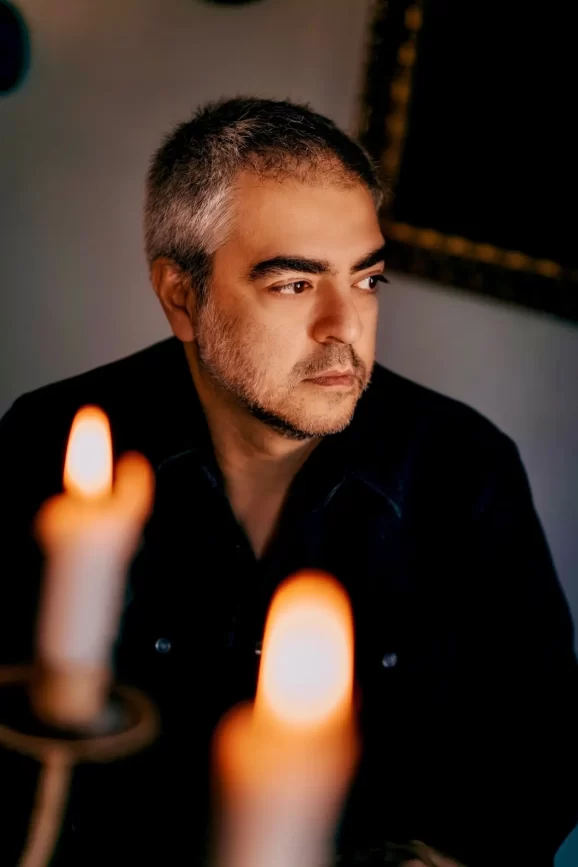
Q. Can you tell us more about future initiatives that you plan to roll out through the HHH Trust, and explain how you see these helping to transform the dominant capitalist system?
A. Capitalism has infiltrated into people’s minds. Mostly, people believe that the more money they have, the happier they become. Even though modern psychology, research, and science has proven this not to be the case, it is difficult for most people to move away from this ideal because it is all they have to look forward to when they wake up to another repetitive and unfulfilling working day. We can fairly agree that work is not meant to be utterly fulfilling for most, hence financial compensation. Capitalism, in essence, robs us of our happiness in return for money to purchase mainly material things that recharge us just enough to function continuously. At the top of this hierarchy is a slave owner who amasses the wealth of our labour. Yet neither is this master happy because they have exceed the threshold of the units of happiness the extra money is bringing them, and they have shrugged off any residual humanity to be able to continue this exploitative and utterly destructive process. There are no winners.
I intend to show people a balance between a labour structure that allows the person to provide for the necessities of life in a completely new and modern outlook. On the whole, we shop in ways that we should not. We waste about half of the food we produce. Excess is contributing too much of our unsustainable living and economic debt. Living sustainably will direct people to living within certain means that will alleviate financial stress and allow them to have more choice over work hours and jobs.
The first thing we must do to pull the world out of the capitalist abyss is educate people on excessive purchases and promote a habit of avoiding such things such as retail therapy or impulsive purchases. We must advise people to reflect on their actual needs as opposed to their illogical wants. We must also teach people to recycle not only their garbage but all items in their lives so that we reuse as much as we can, creatively. These efforts will help alleviate financial stress, environmental stress, and reduce economic growth.
Initially, there will be a severe economic blow to the capitalist systems because its main objective is financial growth. It will not be easy to for the first generation of this shift because capitalism will fight back. However, capitalist monsters such as banks will be no match for the masses with a purpose to attain happiness. There is no intrinsic reason that a nation should attain a specific level of economic growth year after year. It does not provide us more oxygen to breathe. It only provides the capitalist engine with more output, which means realizing the wishes of the smallest segment of human population—the uber-wealthy.
The goal will change to effectively provide trade through producing industrially only in an amount necessary for sustenance while respecting animal rights and the environment. The HHH Trust will provide financial resources to assist people on their transformation from a capitalist perspective of life to a compassionate outlook. This will primarily be done through an app and complementary website where people can refer to for financial decisions promoting lasting happiness over capitalist pursuits. Other programs will include restructuring lifestyles and financial input. As people move towards compassionate and lasting happiness motives, they will no longer be shackled to a capitalist performance chart. They will sense their freedom and appreciate it, all the while improving their lifestyles by pursuing a natural life purpose.
Q. For all its flaws, capitalism has arguably underpinned the rapid social and scientific advances of the last century. Do you think there is a viable alternative to the status quo that can ensure this same rate of advancement?
A. Capitalism was not the reason we advanced in those ways. We were bound to advance based on historical implications and advancements. The difference is that due to a small proportion of corrupt, selfish, and exploitative humans, we use the progress to benefit capitalist goals instead of humanitarian ones. The advances in medicine did not have to come at such expensive financial costs. There was no need to invest in such mighty militaries. In a compassionate lifestyle we will not be developing technology that hurts us, destroys ecosystems, kills animals, and deteriorates the environment. The aim of the HHH Trust is to radically influence people away from such progress that is based on abusing natural resources, life, and the extended environment for profit.
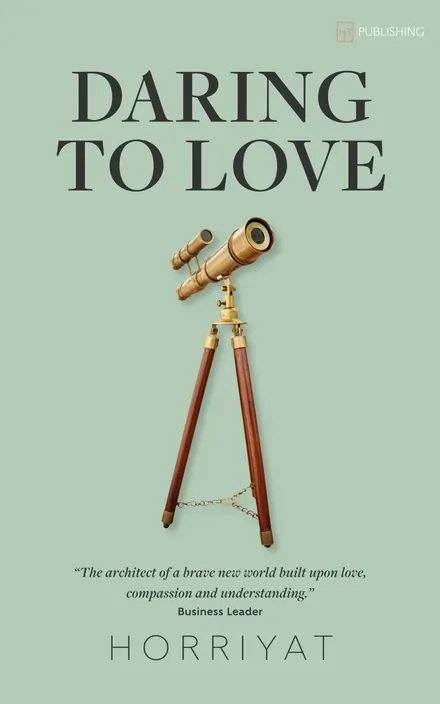
Q. For over 10 years you have been writing a series of spiritual and philosophical books named the ‘In Love’ series. Can you sum up this series in terms of its themes, ideology, and purpose?
A. This series is designed to reflect life’s purpose and calling for every reader. Whether it is poetry, short articles, longer essays, or books focused on a specific theme, the recurring themes are those of seeking a compassionate and fulfilling life purpose with the emotion and logic of love as the guiding principle. I believe that following these guidelines will lead us away from capitalism and closer to developing an actual model that is purposeful and built on sustaining a harmonious life. I want to see humans and animals living harmoniously, forests thriving, and love regaining its place among people. I want to defeat the error that is capitalism so that we can relive this and allow our children to live happily.
Q. You have also launched an offshoot of the HHH Trust, H3 Publishing, to release not only your books but those of other writers. Can you explain your aims with your new publishing house?
A. There are several aims for H3 Publishing which will rely on book sales, donations, and investment from the HHH Trust to promote other writers and causes:
1. Donations to the HHH Trust will allow for selective publication of books and material deemed to benefit the world. This could be an author publishing a resolution related to a global issue or a community activist wishing to raise awareness, and hopefully assistance, to a cause. In this manner, H3 Publishing will use donations to promote published content and provide contracted authors with a noticeable platform. Aside from relying on donations, H3 Publishing will also use funding from previous book sales and endorsement from the HHH Trust to support causes that align to those championed by the HHH Trust.
2. All published material will be strictly digital. This will allow for H3 Publishing to act as a pioneering portal for protesting one of the major causes of environmental deterioration: print publishing. As such, one of the major reassignments that H3 Publishing will encourage is advising other publishers and institutions to turn to a solely digital platform.
3. The HHH Trust will employ H3 Publishing to provide bursaries to new and established authors within marginalized communities, including those in developing nations, to enable the publishing of works that share societal perspectives and issues with a potentially global audience. Bursaries may champion marginalized voices further, such as underwriting the creation of a digital presence for them. This will help them passionately continue working toward the objectives of their campaign along with support from the HHH Trust and H3 Publishing.
Sign up to The European Newsletter
RECENT ARTICLES
-
 Marriott strengthens South African portfolio with new Autograph Collection hotel in Cape Town
Marriott strengthens South African portfolio with new Autograph Collection hotel in Cape Town -
 Oxford to host new annual youth climate summit on UN World Environment Day
Oxford to host new annual youth climate summit on UN World Environment Day -
 Countdown to Davos 2026 as Switzerland gears up for the most heated talks in years
Countdown to Davos 2026 as Switzerland gears up for the most heated talks in years -
 Paribu buys CoinMENA in USD 240m deal as regional crypto markets consolidate
Paribu buys CoinMENA in USD 240m deal as regional crypto markets consolidate -
 AI innovation linked to a shrinking share of income for European workers
AI innovation linked to a shrinking share of income for European workers -
 African airspace overhaul set to shorten flight times for European travellers
African airspace overhaul set to shorten flight times for European travellers -
 Exclusive: Global United Nations delegates meet in London as GEDU sets out new cross-network sustainability plan
Exclusive: Global United Nations delegates meet in London as GEDU sets out new cross-network sustainability plan -
 Fast fashion brands ‘greenwash’ shoppers with guilt-easing claims, study warns
Fast fashion brands ‘greenwash’ shoppers with guilt-easing claims, study warns -
 Europe’s shrinking middle class is turning to the radical right, new study suggests
Europe’s shrinking middle class is turning to the radical right, new study suggests -
 Private sector set to overtake government as main driver of corporate sustainability in 2026, report suggests
Private sector set to overtake government as main driver of corporate sustainability in 2026, report suggests -
 Europe emphasises AI governance as North America moves faster towards autonomy, Digitate research shows
Europe emphasises AI governance as North America moves faster towards autonomy, Digitate research shows -
 JPMorgan plans multibillion-pound tower in Canary Wharf
JPMorgan plans multibillion-pound tower in Canary Wharf -
 Strong workplace relationships linked to higher initiative among staff, study finds
Strong workplace relationships linked to higher initiative among staff, study finds -
 Brexit still hitting poorest hardest as food costs rise and mental health worsens
Brexit still hitting poorest hardest as food costs rise and mental health worsens -
 Global crises reshape household food habits, major review finds
Global crises reshape household food habits, major review finds -
 Sir Trevor McDonald honoured at UWI London Benefit Dinner celebrating Caribbean achievement
Sir Trevor McDonald honoured at UWI London Benefit Dinner celebrating Caribbean achievement -
 Adelphi Masterfil acquires Karmelle to bolster UK machinery manufacturing
Adelphi Masterfil acquires Karmelle to bolster UK machinery manufacturing -
 Cost-of-living pressures push London staff to seek practical perks
Cost-of-living pressures push London staff to seek practical perks -
 AI and scent-science firm Arctech expands into agriculture with Rothamsted base
AI and scent-science firm Arctech expands into agriculture with Rothamsted base -
 Malta PM says future growth hinges on stronger higher-education system
Malta PM says future growth hinges on stronger higher-education system -
 Golden visa surge sets the stage for InvestPro Greece 2025
Golden visa surge sets the stage for InvestPro Greece 2025 -
 Germany bucks Europe’s high-growth surge as continent sees strongest expansion in five years
Germany bucks Europe’s high-growth surge as continent sees strongest expansion in five years -
 Women turning to entrepreneurship to fight age bias at work, study shows
Women turning to entrepreneurship to fight age bias at work, study shows -
 Lithuania launches ‘Investment Highway’ to cut major project approval times from three years to three months
Lithuania launches ‘Investment Highway’ to cut major project approval times from three years to three months -
 Islamic Development Bank and London Stock Exchange Group launch study on ‘development traps’ facing emerging economies
Islamic Development Bank and London Stock Exchange Group launch study on ‘development traps’ facing emerging economies

